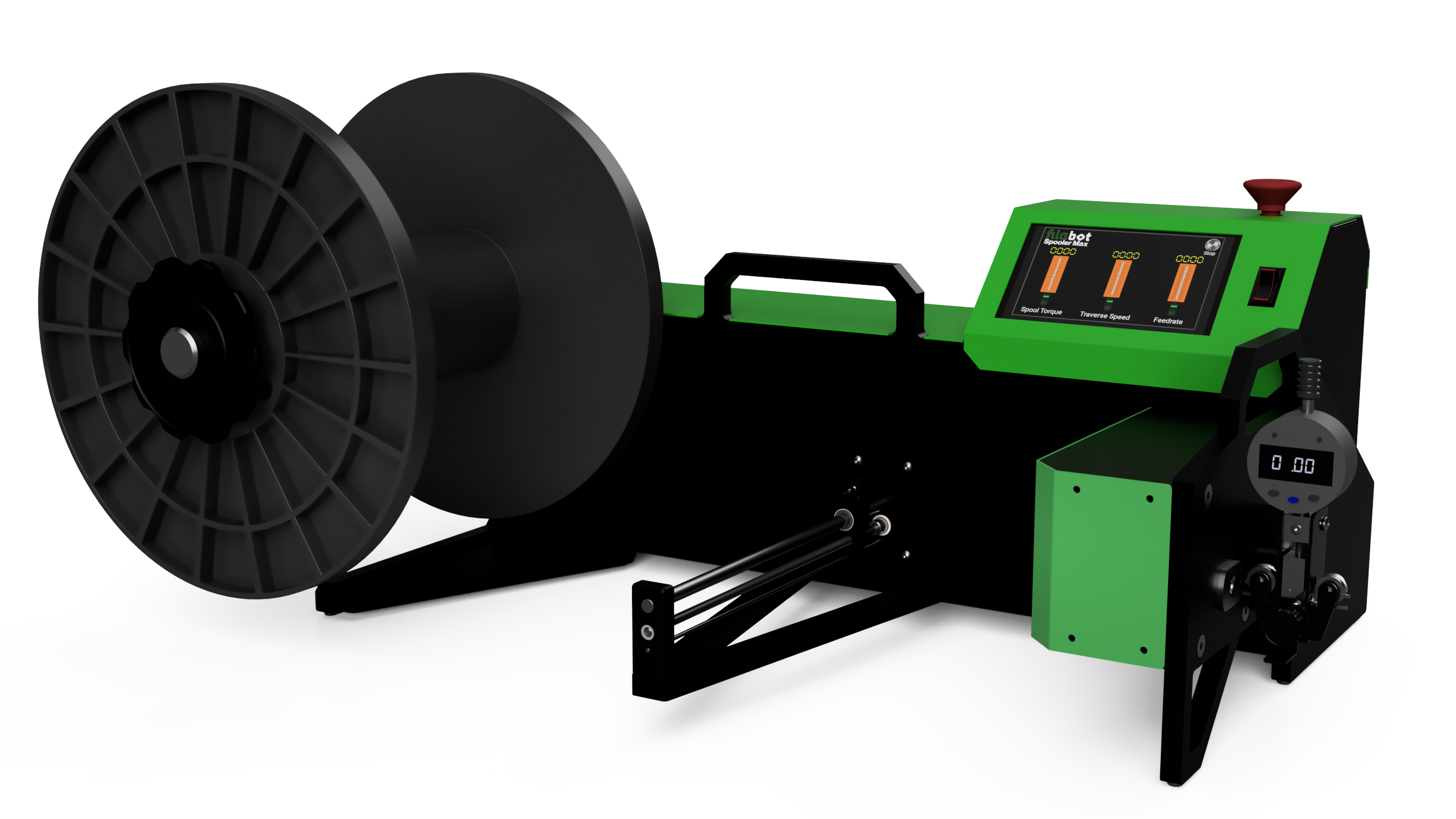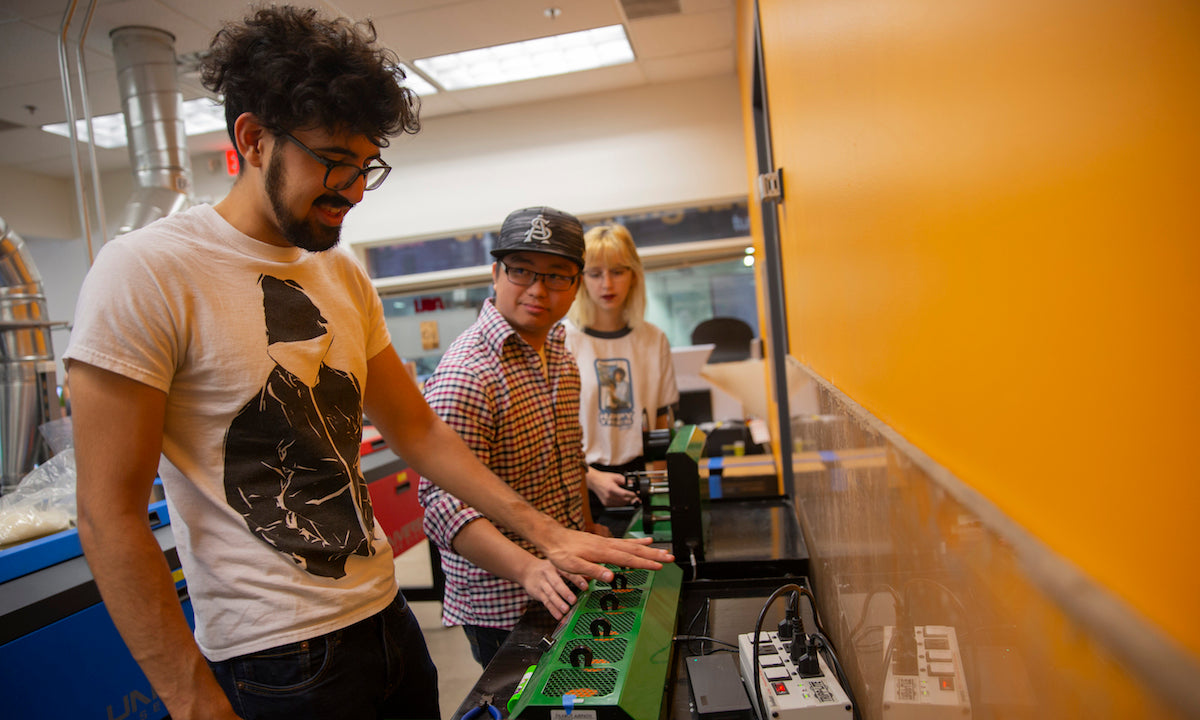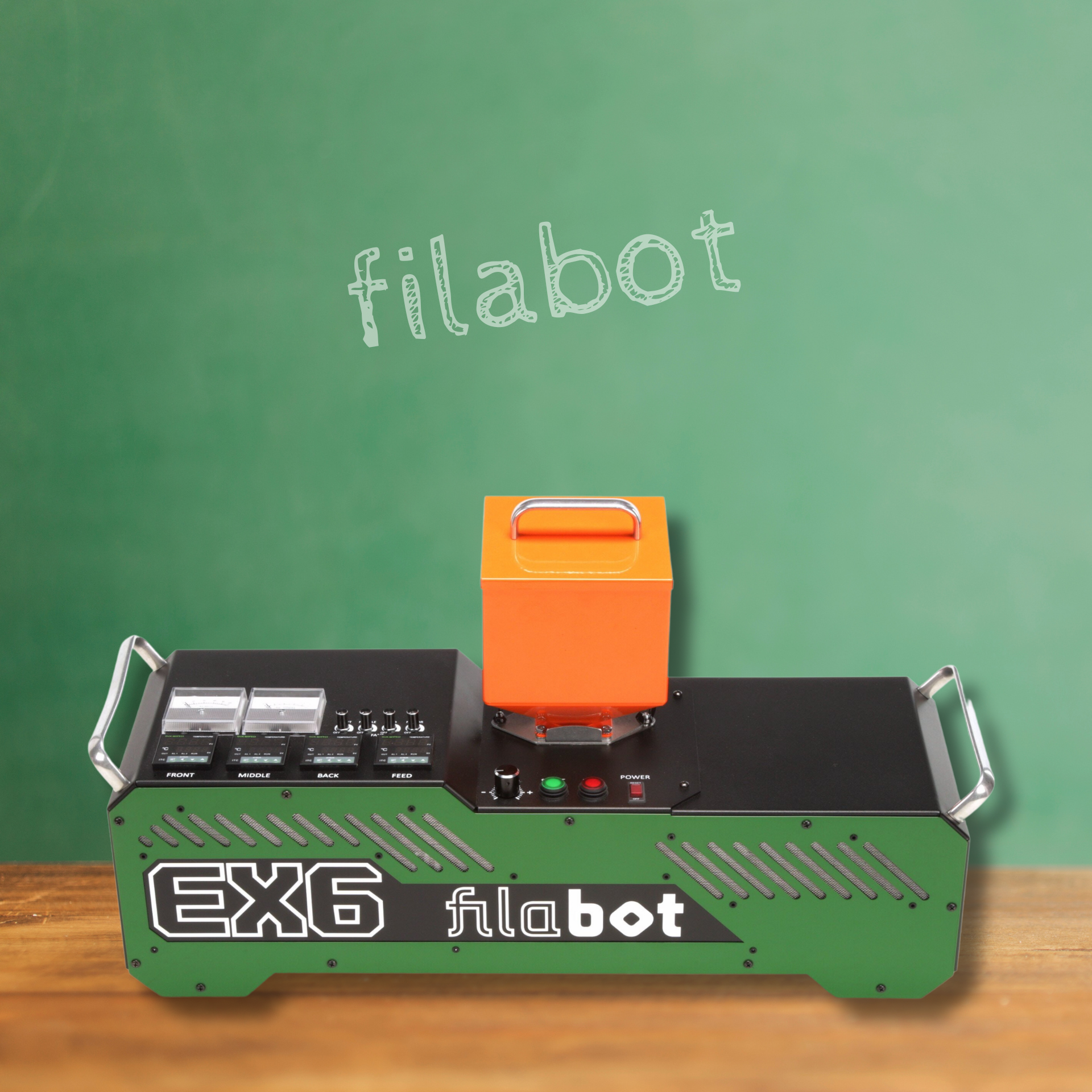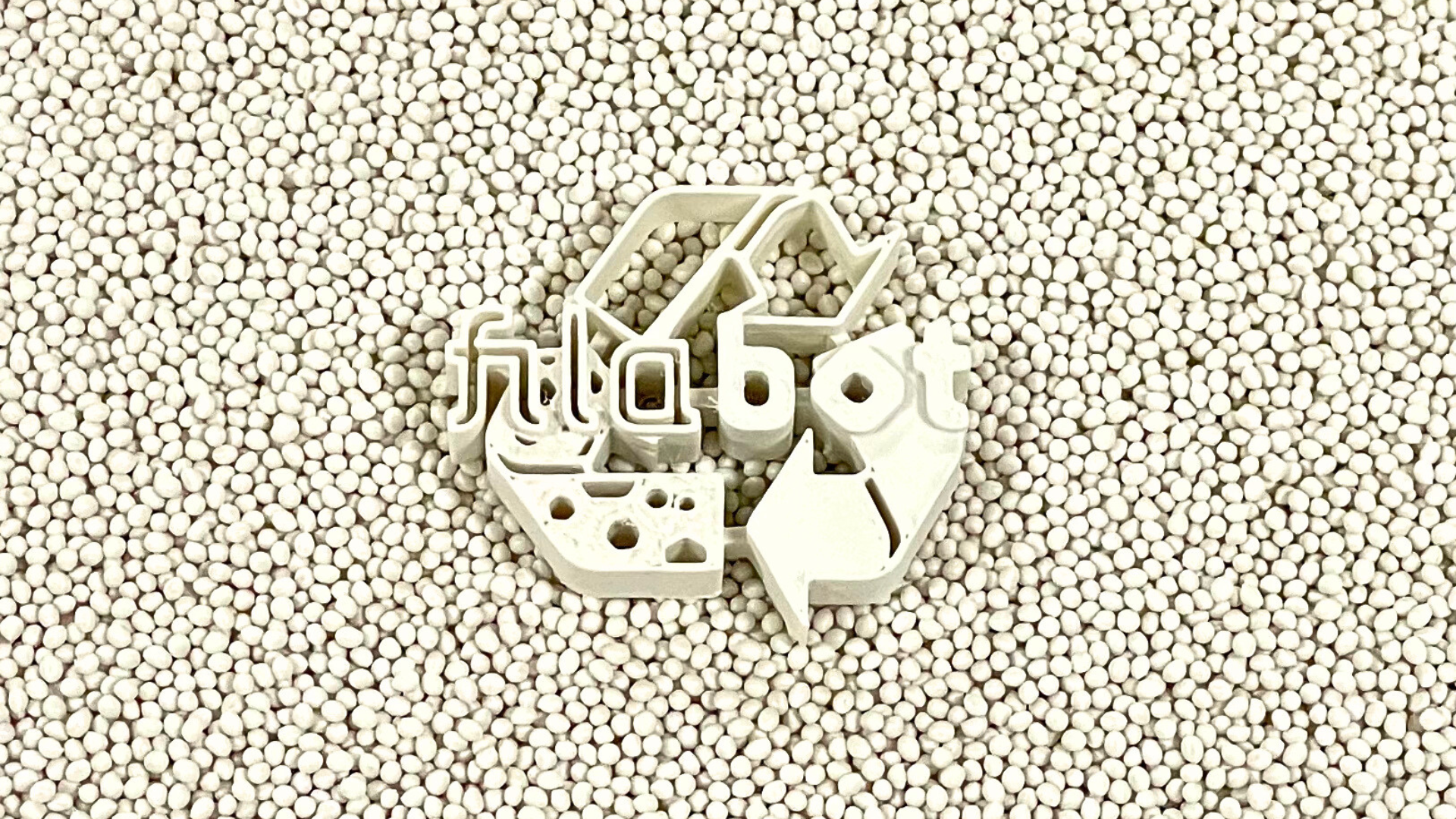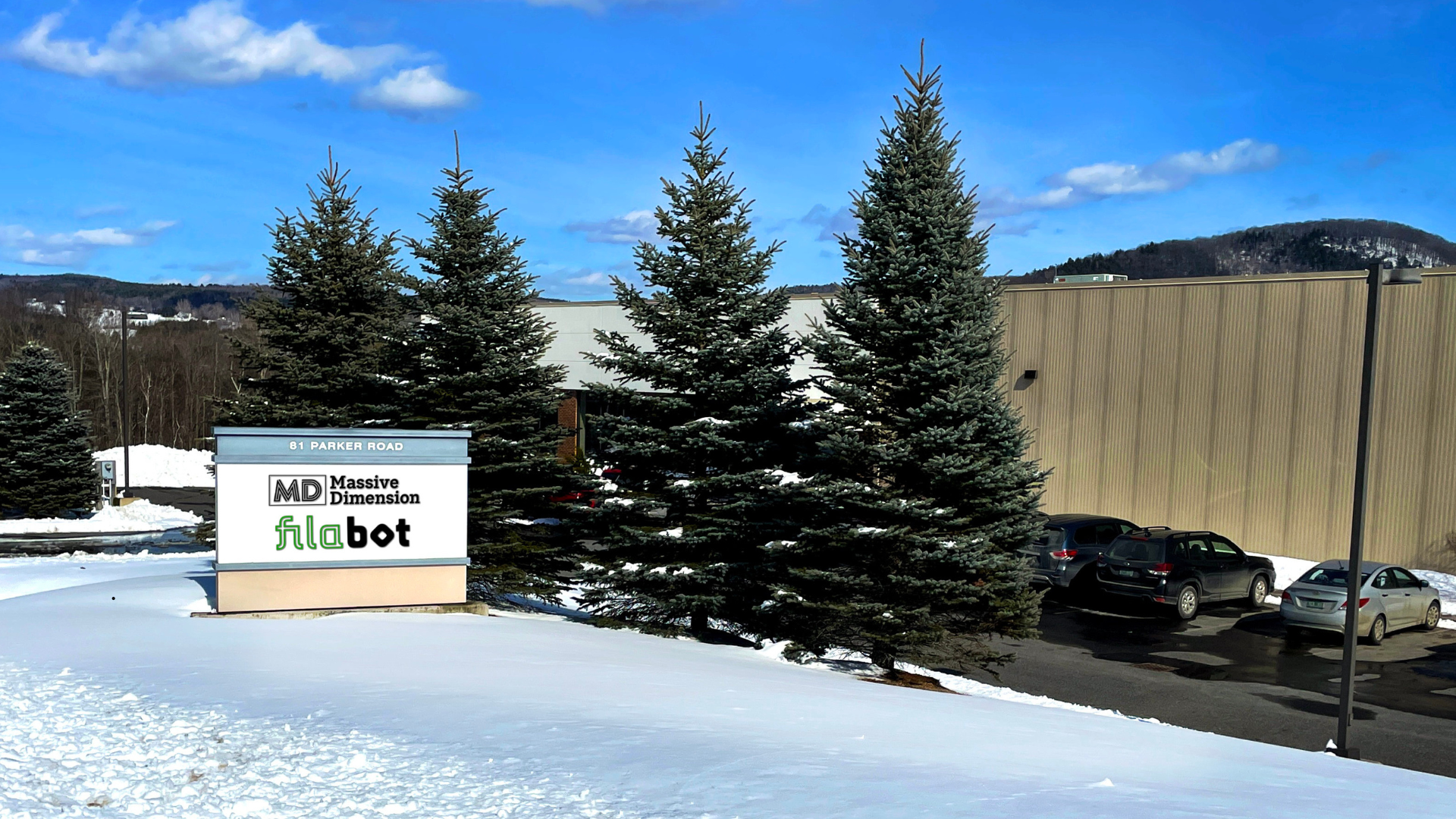As sustainability becomes a cornerstone in educational settings, many colleges and universities are embracing innovative technologies to reduce waste and promote environmental awareness. Among these initiatives, the adoption of Filabot systems stands out for its dual impact on 3D printing—a technology widely used in academia for research, prototyping, and hands-on learning. Schools like the Harvard John A. Paulson School of Engineering and Applied Sciences, MIT's Mechanical Engineering Department, and the University of California, Berkeley's College of Environmental Design have implemented Filabot's groundbreaking equipment not only to recycle discarded 3D-printed parts but also to develop new, customized filaments. These institutions are minimizing waste while concurrently advancing research in material science and filament technology. By doing so, they are effectively merging sustainability with academic inquiry and technological innovation. The equipment used in these studies is available for purchase at filabot.com.
Check out this collection of intriguing research and developments from colleges and universities.
Harvard
Robert Anderson, a course assistant at the Harvard John A. Paulson School of Engineering and Applied Sciences, received a $4,000 Sustainability Grant to address the issue of waste from discarded 3D-printed parts in his Computer-Aided Machine Design class. Using equipment from Filabot, a Vermont company, he enabled on-site recycling of 3D printing filament, thereby turning plastic waste into reusable material. Anderson worked with the Active Learning Labs staff to optimize the system for user-friendliness and efficiency. He aims to improve the system further, possibly incorporating it into student thesis projects. Displayed at the University Sustainability Fair, the initiative aims to not only recycle waste but also to instill sustainability consciousness in future engineers.
Harvard John A. Paulson School of Engineering and Applied Sciences. (2017, May). Green idea. Retrieved September 5, 2023, from https://seas.harvard.edu/news/2017/05/green-idea
Michigan Technological University
Researchers at Michigan Technological University are using Filabot 3D printers to turn old plastic into "ink" for printing various objects, from tools to fashion items. The technology can shred thermoplastics like ABS, HDPE, and LDPE, using a fraction of the energy required in traditional recycling processes. The advancement suggests a move towards making 3D printing more economical and sustainable by recycling plastics from the waste stream. The article also touches on the potential for 3D printing in food production, mentioning printers like the Foodini and ChefJet, which can print items from pasta to sugar-based shapes. However, the piece highlights that for 3D printing to become fully integrated and environmentally friendly, the technology must be capable of using multiple, biodegradable materials.
Greener Ideal. 2022. How 3D Printing Can Save Our Planet. Retrieved September 5, 2023, from https://greenerideal.com/news/technology/0204-how-3d-printing-can-save-our-planet/
Arizona State University
Arizona State University's Ira A. Fulton Schools of Engineering has developed a system to recycle plastic used in 3D printing, aiming to make their 3D Print and Laser Cutting Lab more sustainable. Established three years ago, the lab aids students in engineering courses and various other projects. The Filabot recycling system, named "Bob Ross," repurposes failed or waste 3D print jobs into new filament. It works by chipping the plastic into pellets, which are then melted and extruded to form new 3D printer filament. The lab has successfully created spools of recycled material that have been used in test prints, like a USB drive holder. The initiative received strong support from ASU Zero Waste and aims to contribute to global sustainability trends by using local reprocessing solutions. Future goals include donating excess recycled material to K -12 STEM programs and extending the sustainable practices to other labs and corporations.
Arizona State University. (2018, November 14). ASU 3D print lab creates opportunity for plastic recycling. Arizona State University News. https://news.asu.edu/20181114-asu-3d-print-lab-creates-opportunity-plastic-recycling
Vanderbilt University
Researchers at Vanderbilt University have developed a non-destructive testing method for 3D-printed objects that uses the optical properties of gold nanoparticles to identify defects such as missing layers. By adding less than 0.5% by weight of gold nanoparticles to the printing material, the team was able to use an ultraviolet-visible spectrophotometer to scan the printed parts and detect flaws, even those not visible to the naked eye. This innovation addresses a significant hurdle in quality control for additive manufacturing, particularly in high-stakes industries like automotive, aerospace, and medical equipment. The technology is still in its early stages but holds promise for not only improving defect detection but also enabling in-service monitoring and materials design for large-scale 3D printing applications.
Tom Kevan. 2018. Gold Nanoparticles Shine Light on 3D Printing Defects. Digital Engineering 24/7. https://www.digitalengineering247.com/article/gold-nanoparticles-shine-light-on-3d-printing-defects/rapid-ready-tech
The equipment used in these studies is available for purchase at filabot.com.
